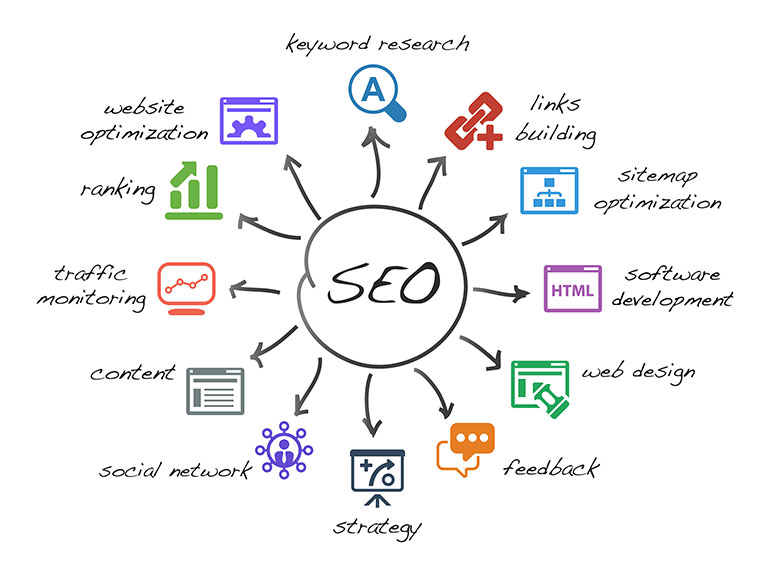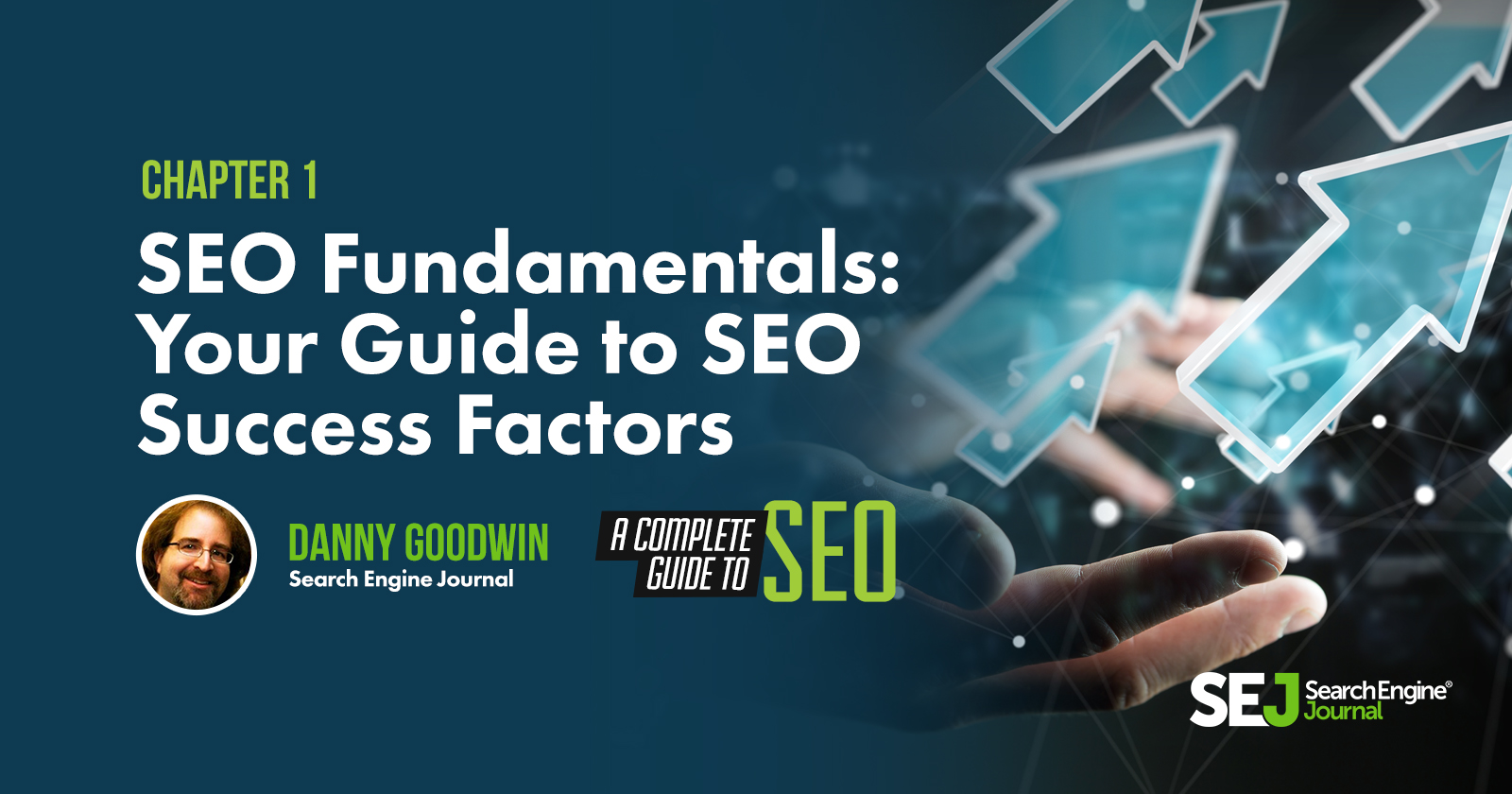To achieve SEO success, create high-quality content and optimize your website for search engines. Use relevant keywords and improve site speed.
SEO success hinges on several critical factors. Quality content attracts and retains users, encouraging longer site visits. Keywords help search engines understand your content and match it with user queries. Fast-loading pages reduce bounce rates and improve user experience. Backlinks from reputable sites increase your domain authority and search rankings.
Regularly updating your content keeps it relevant and engaging. Effective use of meta tags, alt text, and internal linking also boosts SEO performance. Combining these strategies ensures your website stands out in search engine results, driving more organic traffic and enhancing overall visibility. Prioritize these elements for sustained SEO success.
Credit: inblog.ai
Keyword Research
Keyword research is the first step to achieving SEO success. It identifies the words and phrases your target audience uses. Understanding these keywords helps create content that ranks high on search engines.
Finding Niche Keywords
Finding niche keywords is crucial for SEO. Niche keywords have lower competition. They target a specific audience, making them easier to rank for.
Use tools like Google Keyword Planner and Ubersuggest to find niche keywords. Enter a broad term related to your business. These tools generate a list of related keywords. Look for keywords with high search volume and low competition.
| Keyword | Search Volume | Competition |
|---|---|---|
| organic skincare | 10,000 | Low |
| handmade soap | 5,000 | Medium |
| natural hair products | 8,000 | Low |
Analyzing Competitor Keywords
Analyzing competitor keywords helps understand what works in your industry. It gives insights into the keywords that drive traffic to their sites.
Use tools like SEMrush and Ahrefs for competitor analysis. Enter your competitor’s URL to see their top-ranking keywords. Note down the keywords with high traffic and low competition.
- Identify gaps in their keyword strategy.
- Find opportunities to rank higher for specific keywords.
Create content around these keywords to attract more traffic. Focus on providing better value than your competitors. This will help you rank higher and achieve SEO success.

Credit: www.proceedinnovative.com
Content Creation
Creating engaging and valuable content is essential for SEO success. Quality content attracts visitors and keeps them on your site longer. This section will explore how to craft high-quality content and incorporate keywords naturally.
Crafting High-quality Content
Quality content is both informative and engaging. It must provide value to your audience. Here are some tips for creating high-quality content:
- Understand your audience’s needs.
- Use simple language and short sentences.
- Include relevant images and videos.
- Update content regularly.
- Proofread for grammar and spelling errors.
High-quality content should solve a problem or answer a question. Readers should find it easy to understand. Use bullet points and headers to break up text.
Incorporating Keywords Naturally
Keywords help search engines understand your content. They should be used naturally within your text. Here are some strategies:
- Research keywords related to your topic.
- Include keywords in titles and headers.
- Use keywords in the first 100 words.
- Distribute keywords evenly throughout the content.
- Avoid keyword stuffing.
Using keywords naturally improves readability. It also helps search engines rank your content higher. Use synonyms and related terms to avoid repetition.
Remember, the reader’s experience comes first. Keywords should enhance the content, not disrupt it.
On-page Seo
On-Page SEO is crucial for improving your website’s visibility in search engines. It focuses on optimizing individual web pages to rank higher and earn more relevant traffic. Let’s dive into the essential aspects of On-Page SEO to achieve SEO success.
Optimizing Meta Tags
Meta tags play a vital role in On-Page SEO. They provide search engines with information about your page’s content. Here are key meta tags to optimize:
- Title Tag: Include your primary keyword. Keep it under 60 characters.
- Meta Description: Summarize your page content in 155 characters. Use your main keyword.
- Header Tags: Use H1 for the main title, H2 for subheadings, and so on. This helps structure your content.
Enhancing User Experience
User experience directly impacts your SEO success. A pleasant browsing experience keeps visitors on your site longer. Here are some tips:
- Page Speed: Ensure your site loads quickly. Use tools like Google PageSpeed Insights.
- Mobile Friendliness: Optimize your site for mobile devices. Use responsive design techniques.
- Content Quality: Provide valuable, engaging content. Use short paragraphs and bullet points.
| Factor | Importance |
|---|---|
| Page Speed | High |
| Mobile Friendliness | High |
| Content Quality | High |
By focusing on these On-Page SEO aspects, you can significantly improve your website’s search engine rankings. Remember, the key is to be consistent and always aim for quality.

Credit: www.searchenginejournal.com
Technical Seo
Technical SEO is the backbone of a successful SEO strategy. It deals with the non-content aspects of your website. This includes improving site speed, ensuring mobile-friendliness, and much more. Let’s dive into some key areas of Technical SEO.
Improving Site Speed
Site speed is crucial for both user experience and search engine rankings. A fast website keeps visitors happy and engaged. Here are some ways to improve your site speed:
- Optimize images: Use compressed formats like JPEG or PNG.
- Minimize HTTP requests: Reduce the number of elements on your page.
- Enable browser caching: Store static files locally to load faster.
- Use a Content Delivery Network (CDN): Distribute content closer to users.
- Minify CSS and JavaScript files: Remove unnecessary characters and spaces.
Ensuring Mobile-friendliness
Mobile-friendliness is a must for any website. Google uses mobile-first indexing, so your site must perform well on mobile devices. Here are steps to ensure your site is mobile-friendly:
- Responsive design: Use flexible layouts that adapt to any screen size.
- Touch-friendly buttons: Make sure buttons are large and easy to tap.
- Readable text: Ensure text is legible without zooming.
- Avoid pop-ups: Pop-ups can be disruptive on mobile devices.
- Test on multiple devices: Check your site on various mobile devices.
By focusing on Technical SEO, you can significantly improve your website’s performance and ranking. Start with improving site speed and ensuring mobile-friendliness. These steps will create a better experience for users and search engines alike.
Link Building
Link building is crucial for SEO success. It involves getting other websites to link to yours. These links act as votes of confidence. This process can boost your site’s authority and search engine rankings.
Earning Backlinks
Backlinks are vital for SEO. They show that other sites trust your content. Here are some ways to earn backlinks:
- Create High-Quality Content: Quality content attracts natural links.
- Guest Blogging: Write posts for other blogs and include your link.
- Broken Link Building: Find broken links on other sites and suggest your link as a replacement.
- Engage in Online Communities: Participate in forums and share your link.
Avoiding Black Hat Techniques
Using black hat techniques can harm your site. Search engines can penalize you. Here are some practices to avoid:
- Buying Links: Paid links can be detected and penalized.
- Link Farms: Avoid sites created solely for link exchanges.
- Hidden Links: Links that are invisible to users can result in penalties.
- Spammy Blog Comments: Commenting on blogs just to drop a link is frowned upon.
Local Seo
Performance tracking is essential for achieving SEO success. It helps you understand what works and what doesn’t. You can then make informed decisions to improve your strategies. Let’s dive into how you can track performance effectively.
Using Analytics Tools
To track your SEO performance, use analytics tools. These tools provide valuable data on your website’s performance. Some popular analytics tools include:
- Google Analytics – Provides insights into traffic and user behavior.
- SEMrush – Offers keyword tracking and competitor analysis.
- Ahrefs – Helps with backlink tracking and keyword research.
These tools help you see which keywords bring in traffic. They also show how users interact with your site. Use this data to improve your SEO efforts.
Adjusting Strategies Based On Data
Once you have the data, adjust your strategies. Focus on what works and fix what doesn’t. Here’s how to do it:
- Analyze the top-performing keywords.
- Identify pages with high bounce rates.
- Improve content on poorly performing pages.
- Optimize for keywords that bring in traffic.
By adjusting your strategies, you can improve your site’s performance. This leads to better rankings and more traffic.
| Action | Tool | Purpose |
|---|---|---|
| Track traffic | Google Analytics | Understand user behavior |
| Keyword research | SEMrush | Find valuable keywords |
| Backlink tracking | Ahrefs | Monitor backlinks |
Using these tools and adjusting strategies helps you achieve SEO success. Keep tracking and optimizing for the best results.
Performance Tracking
Staying ahead in SEO requires knowing future trends. Adapting to changes helps maintain success. Two key trends include algorithm changes and AI advancements.
Adapting To Algorithm Changes
Search engines often update algorithms. These updates impact website rankings. Staying informed is crucial. Follow SEO news sites and forums. They provide timely updates on changes.
Key strategies to adapt:
- Monitor analytics regularly
- Update content to match new guidelines
- Focus on user experience
- Ensure site speed and mobile-friendliness
Embracing Ai And Machine Learning
AI and machine learning are reshaping SEO. They help understand user intent better. Using AI tools can improve content creation and keyword research.
Benefits of AI in SEO:
| Benefit | Description |
|---|---|
| Enhanced Keyword Analysis | AI finds relevant keywords faster. |
| Personalized Content | AI helps create content tailored to users. |
| Improved User Experience | AI enhances site navigation and load times. |
Incorporate AI tools to stay competitive. They make your SEO efforts more effective and efficient.
Frequently Asked Questions
How Can I Make My Seo Successful?
To make your SEO successful, create quality content, use relevant keywords, optimize meta tags, build backlinks, and improve site speed.
How Can I Get Seo Results Fast?
To get SEO results fast, optimize your website content, improve page speed, use relevant keywords, build quality backlinks, and regularly update your content.
How Can I Improve My Seo Results?
Improve SEO results by optimizing keywords, creating high-quality content, enhancing site speed, building backlinks, and ensuring mobile-friendliness.
What Is The Best Seo Strategy?
The best SEO strategy involves keyword research, quality content creation, on-page optimization, mobile-friendliness, and building high-quality backlinks.
Conclusion
Achieving SEO success requires consistent effort and strategic planning. Focus on quality content, relevant keywords, and user experience. Regularly update your site and monitor performance. Stay informed about search engine updates. With dedication and the right approach, your website can achieve higher rankings and attract more visitors.